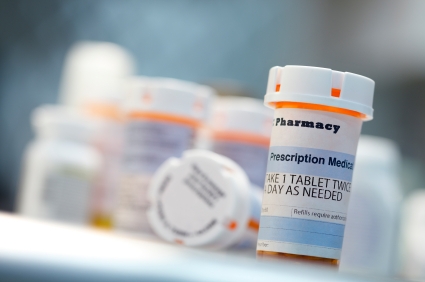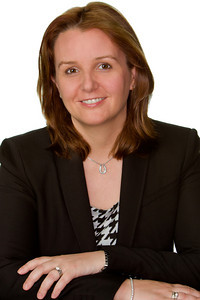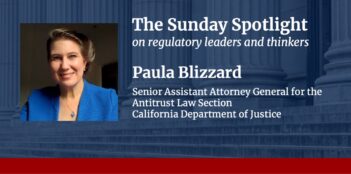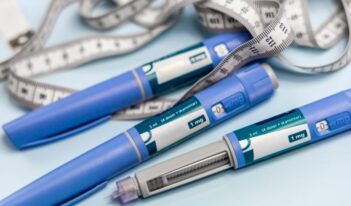
The FDA’s proposal to modernize generic drug approvals meets with broad support.
It is rare in the current political climate for a regulatory scheme to receive broad support – including from regulated entities. The Food and Drug Administration (FDA) has accomplished this rare feat with its recent proposal to require the generic drug industry to pay user fees to fund improvements to its process of approving generic drugs.
In a hearing before the House Energy and Commerce Committee’s Subcommittee on Health, all witnesses agreed that, if implemented properly, the FDA’s proposal was a good one. Those witnesses represented the FDA, Mylan, a leading generic drug manufacturer, the Generic Pharmaceutical Association, and St. Jude Children’s Research Hospital.
The FDA’s current review process has struggled to keep up with increasing size and globalization of the generic drug industry. Approximately 2,500 generic drug applications are awaiting FDA approval, and average application approval time is stretching beyond 30 months.
Last year, approximately 78 per cent of the more than 3 billion new and refilled prescriptions dispensed in the U.S. were filled with generics. Purchasing this high percentage of generic, rather than branded, drugs, has saved purchasers an estimated $931 billion over the last decade.
At the same time, the generic drug industry has becoming increasingly globalized. Generic drug manufacturers often spread their manufacturing supply chain across several continents, adding to the cost and complexity of FDA plant inspections and approvals for new generic drugs. Foreign facilities supporting U.S. drug supply have grown by 185 per cent, while at the same time, FDA inspection rates have decreased by nearly 57 per cent. Industry members have expressed concerns about the resulting unlevel playing field for US manufacturers, who, unlike their foreign counterparts, are subject to biannual FDA inspections of their facilities.
The FDA proposal aims to overcome the current regulatory hurdles to generic drug approvals. The generic drug user fees it proposes imposing would represent approximately one half of 1 per cent of generic drug sales, or $299 million, annually. The FDA would use the proceeds from these fees to inspect foreign and domestic plants involved in generic drug manufacturing. The FDA will also commit to meeting application approval performance goals, including, by 2017, clearing the existing backlog and completing reviews of 90 per cent of generic drug applications within 10 months of their receipt.




